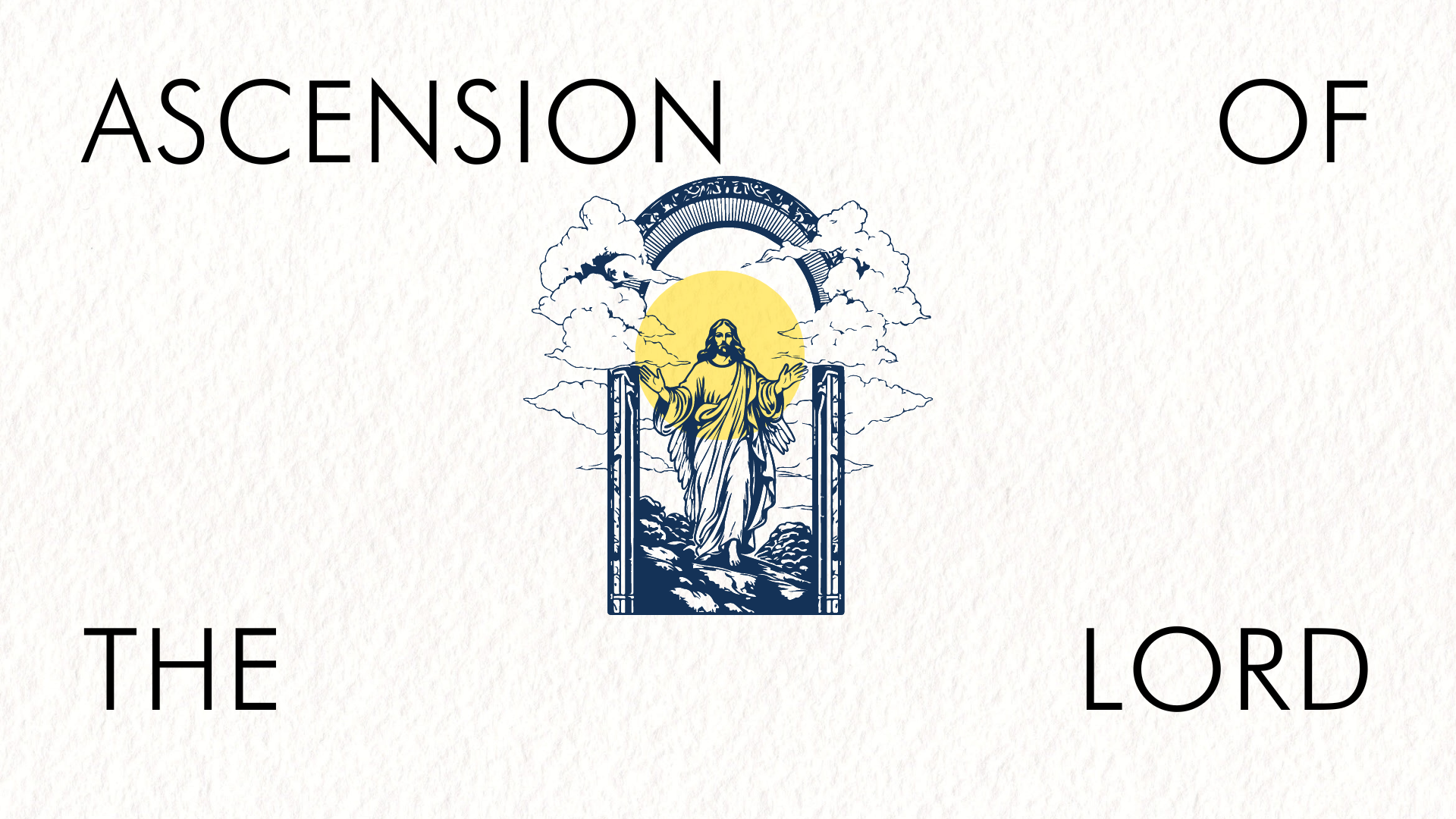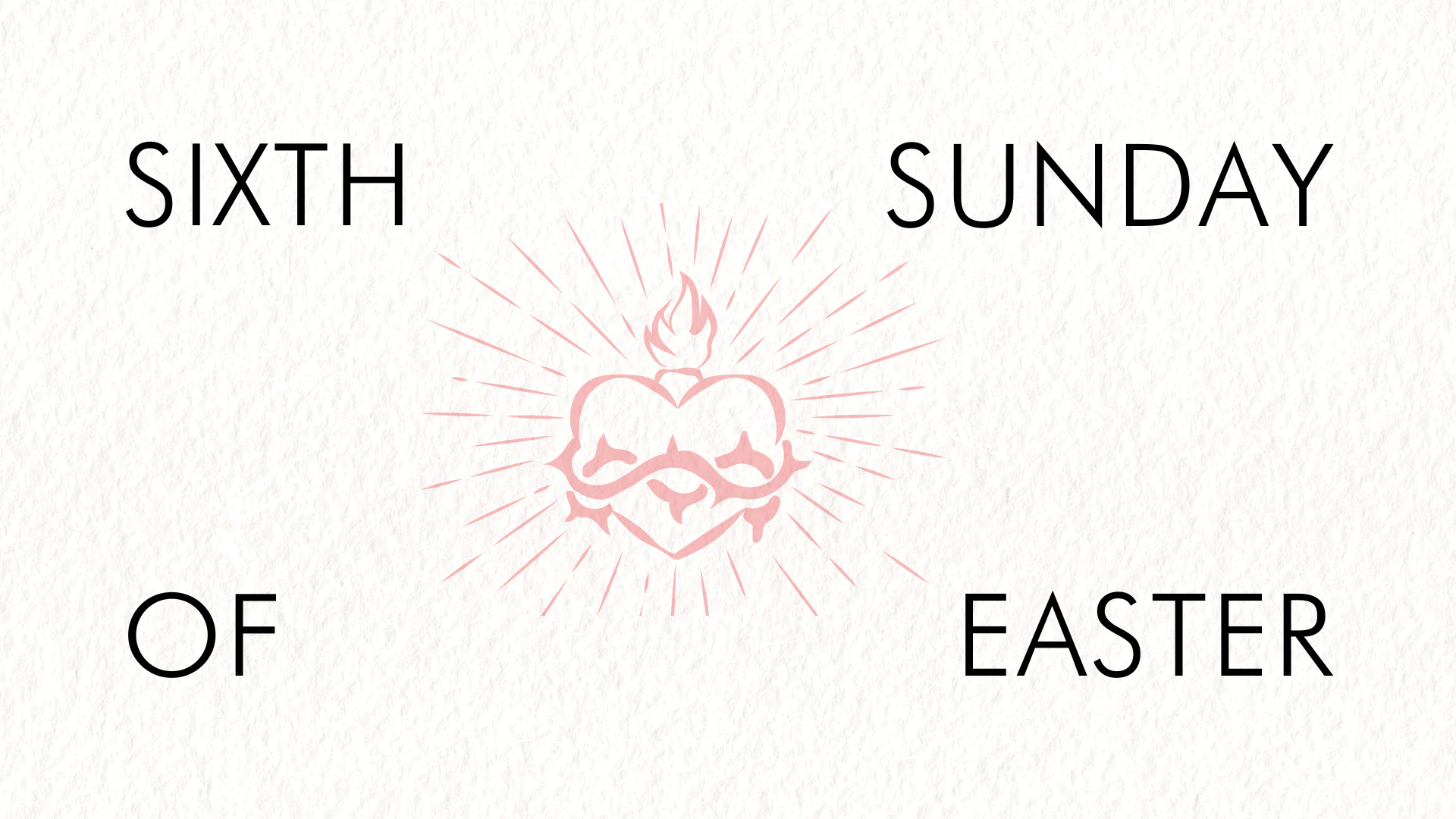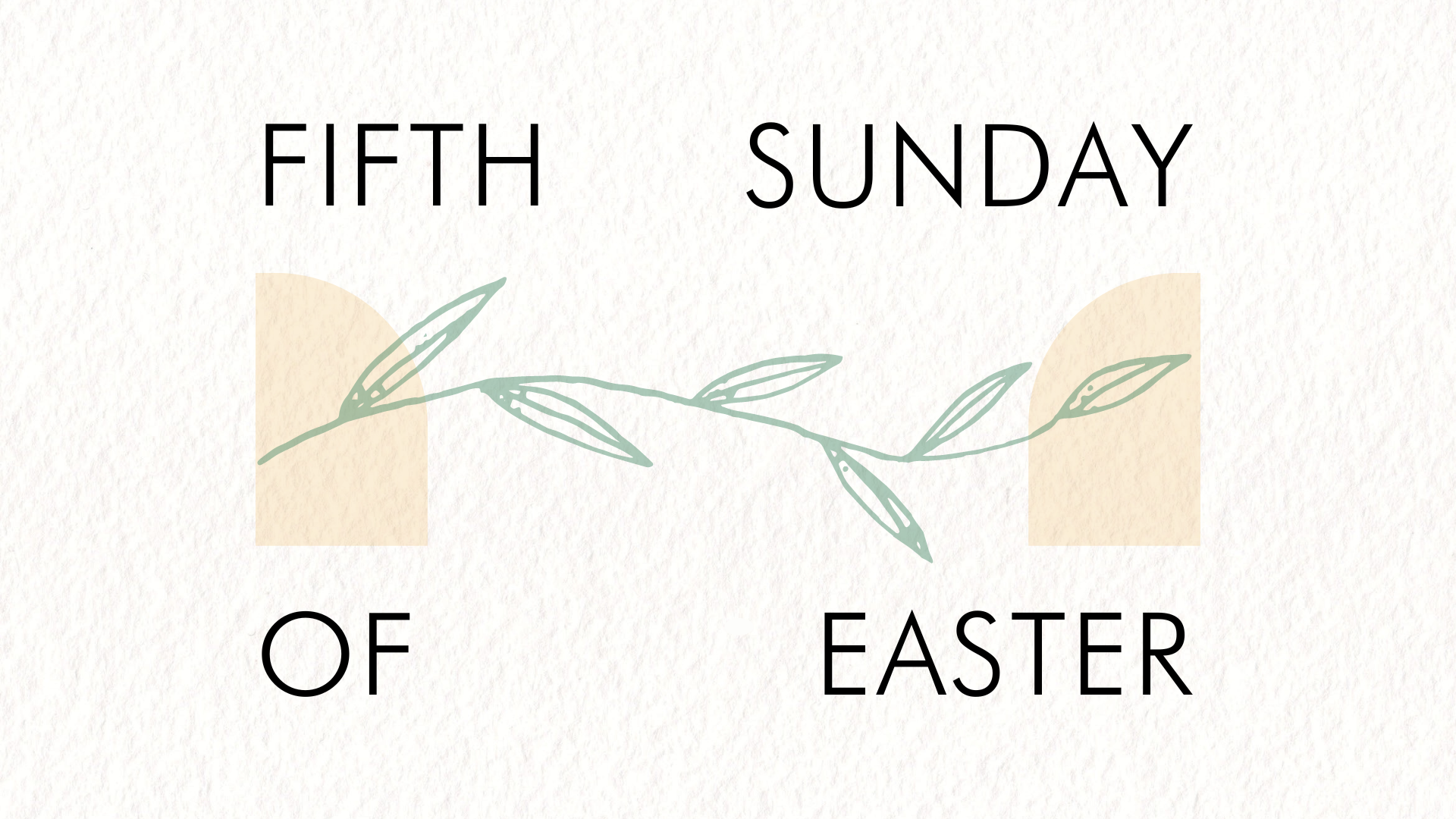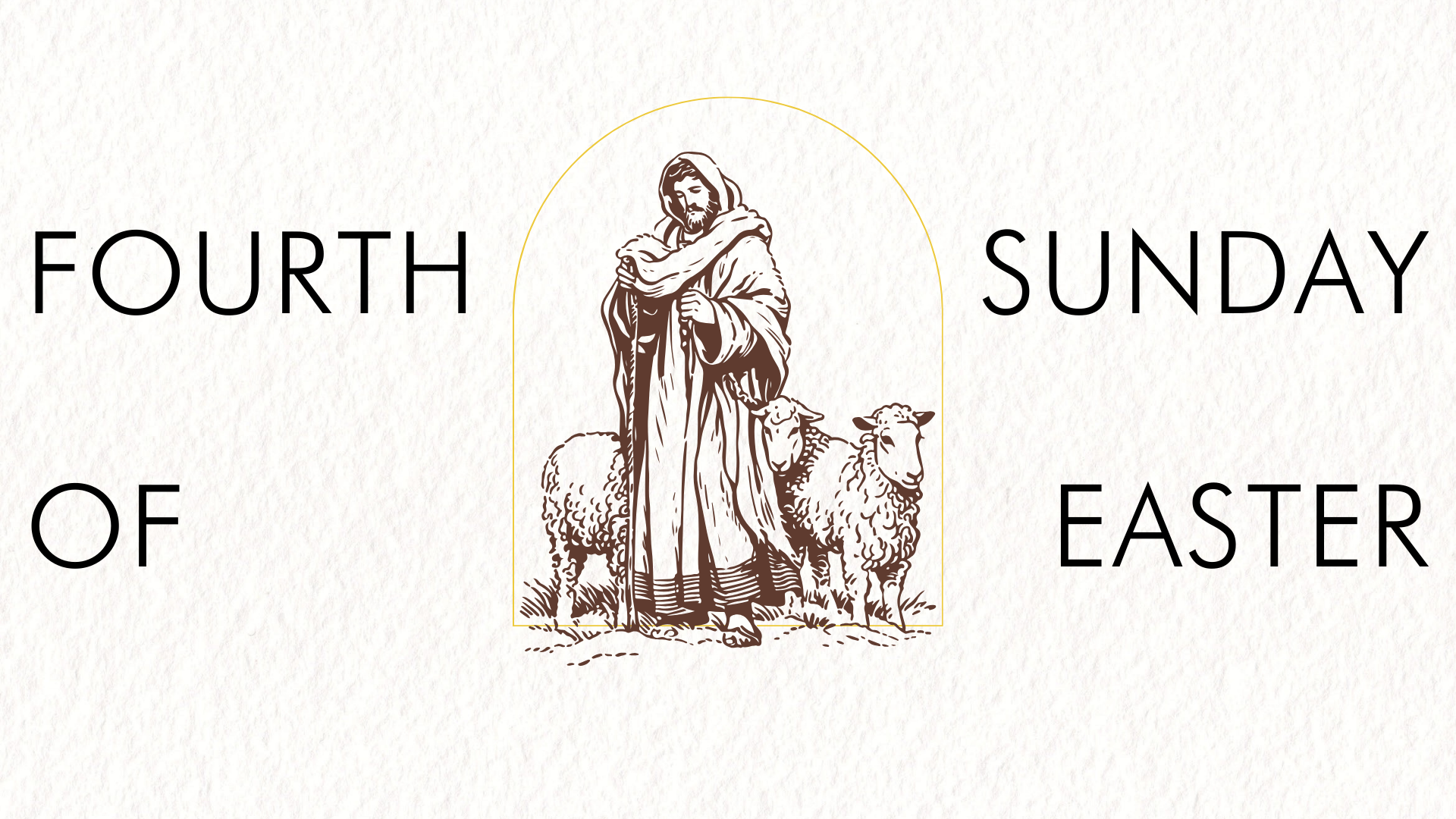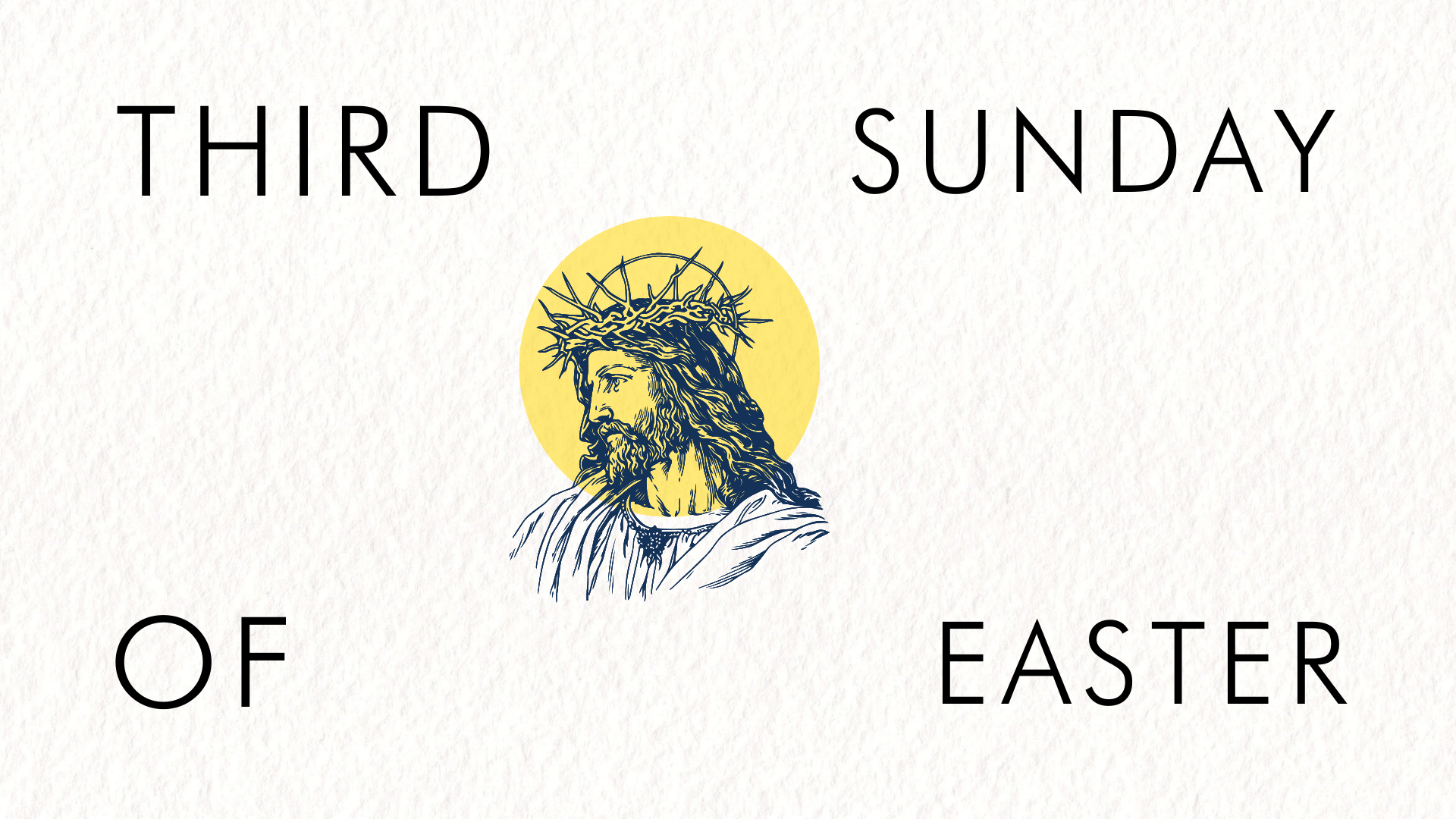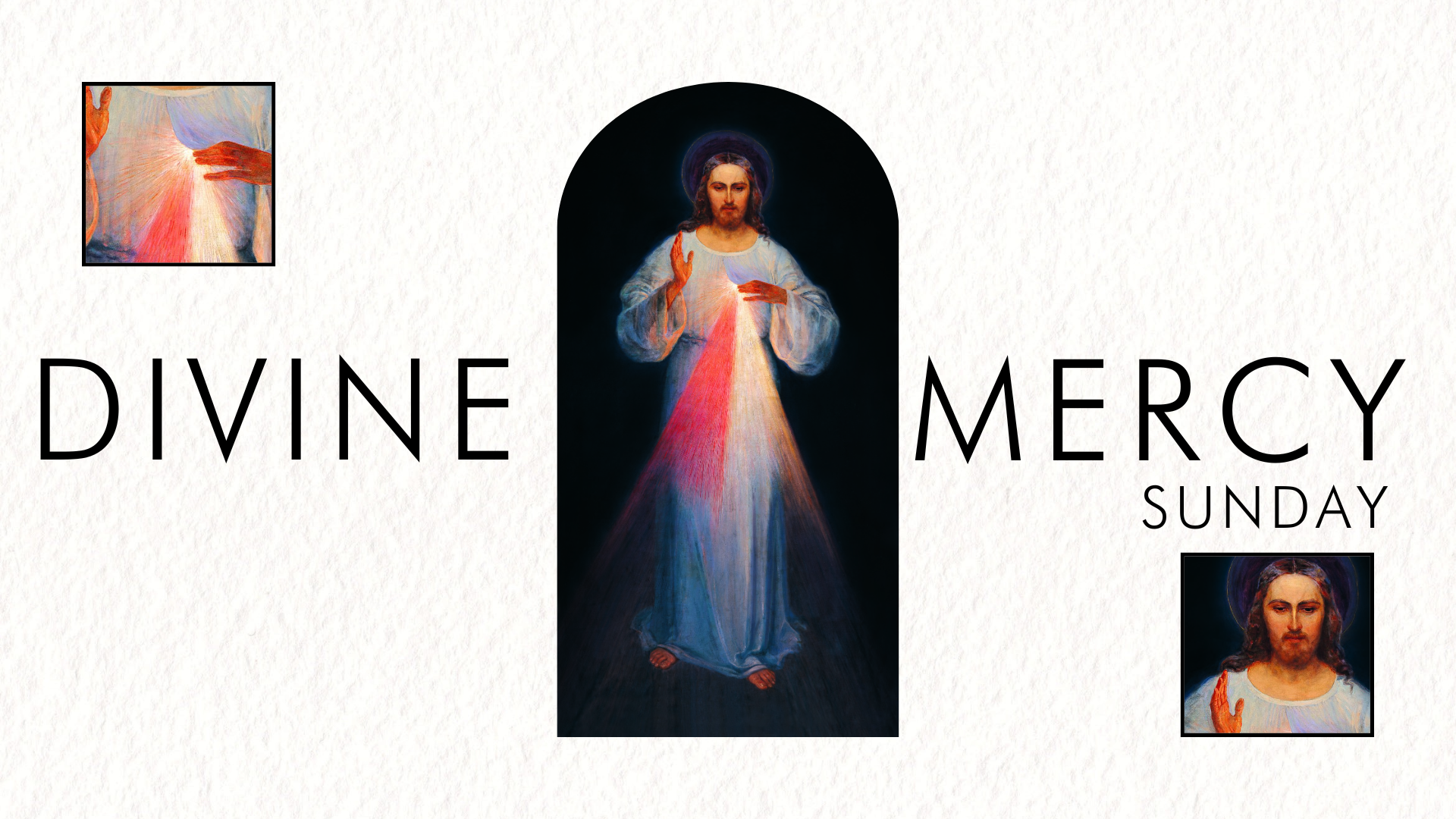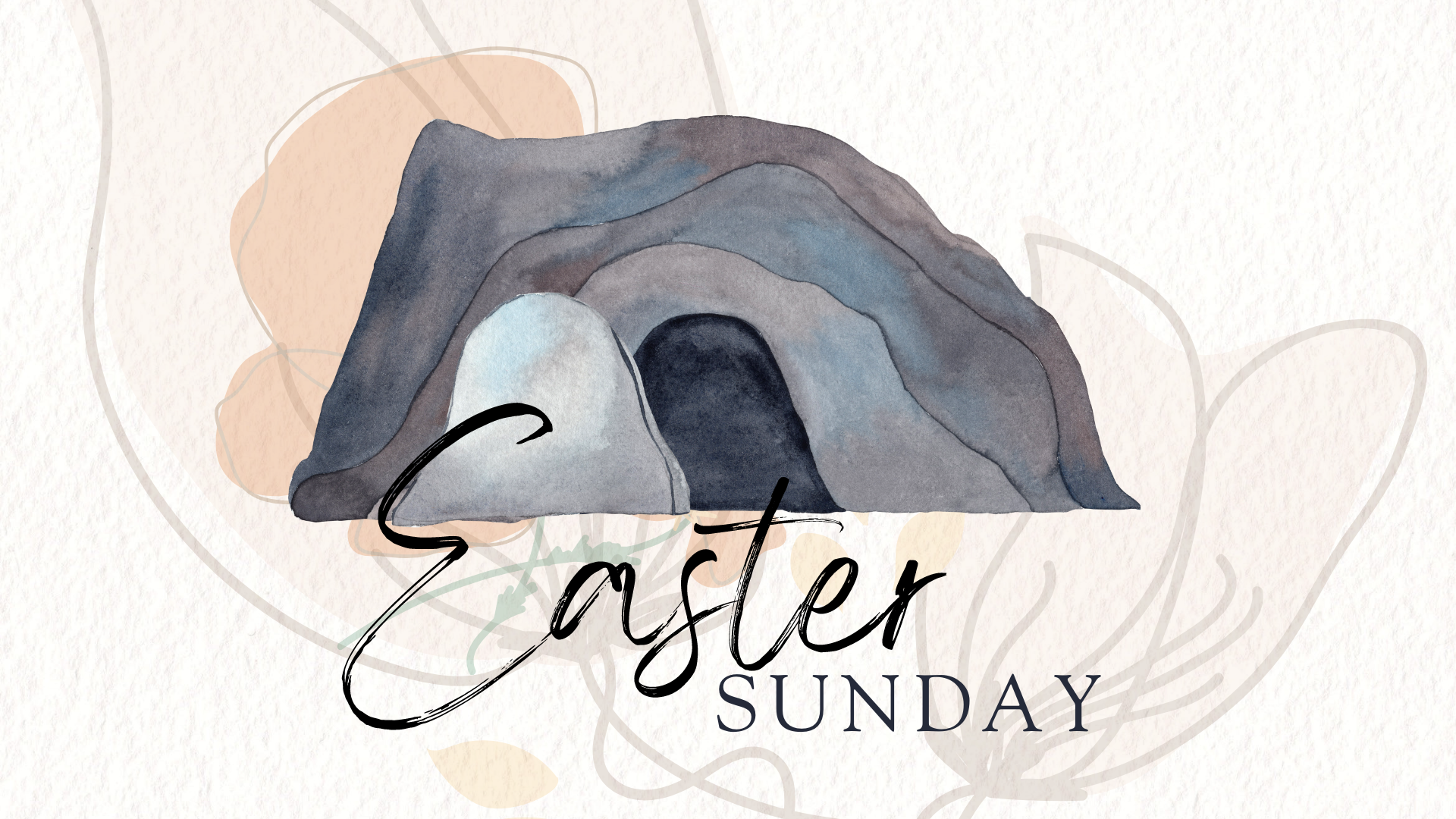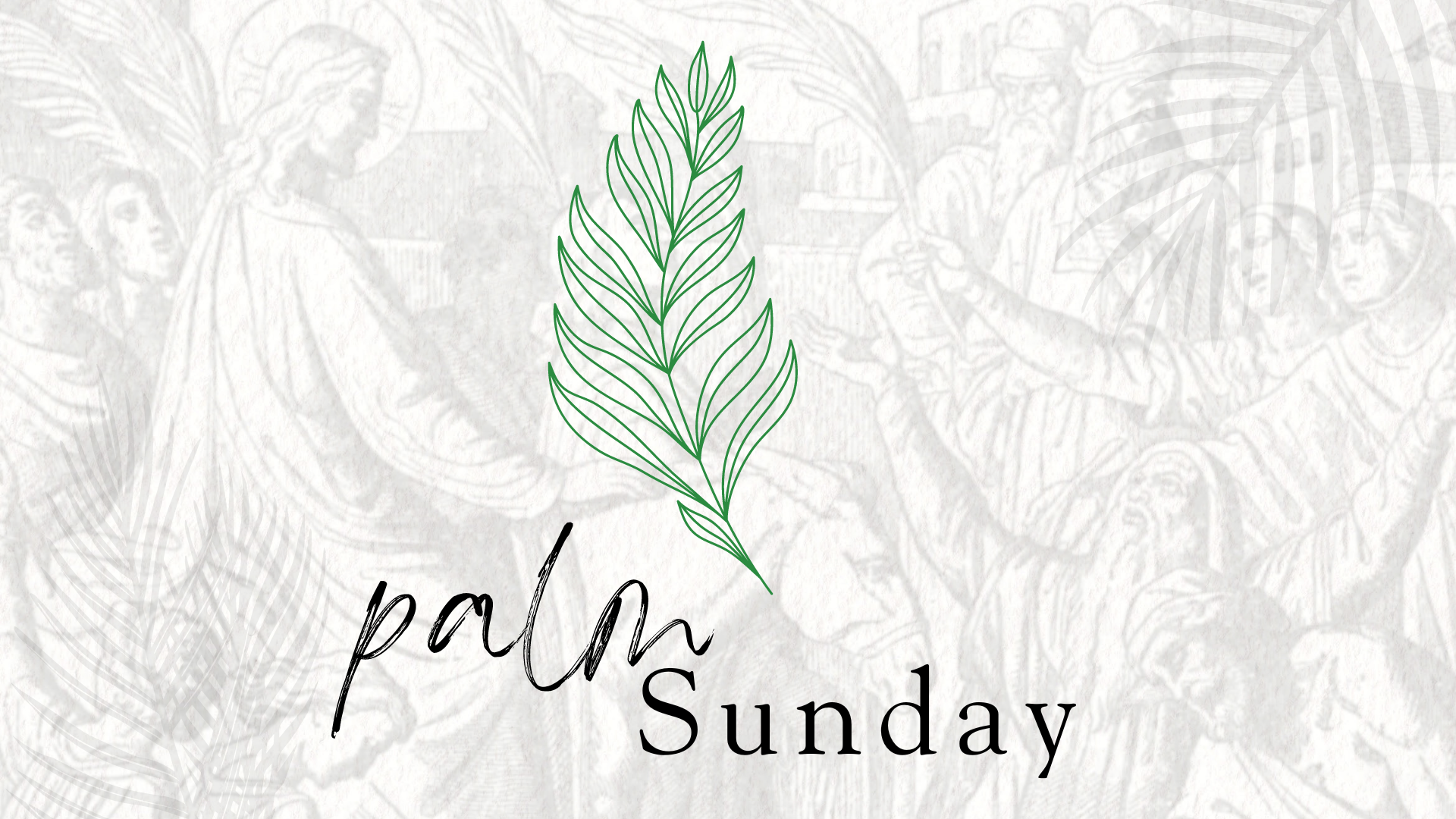St. James School Principal
ST. JAMES PARISH – ARLINGTON HEIGHTS, IL
ST. JAMES SCHOOL PRINCIPAL
If you are interested in this position and want to learn more contact Kelly Busa: [email protected]
The Archdiocese of Chicago Catholic schools serve more than 40,000 students in 150+ elementary and high schools in Cook and Lake counties. It is one of the largest private school systems in the United States. Its schools have received 96 Blue Ribbon awards from the U.S. Department of Education over the past 10 years.
The elementary school principal is hired by and is accountable to the pastor or the Jurisic person for the operation of the school. The principal is expected to abide by the established policies and procedures of the Archdiocese of Chicago, the Office of Catholic Schools, and the directives of the Superintendent of Catholic Schools. The principal participates in the annual performance review outlined by the Office of Catholic Schools.
Catholic Identity
- Promotes and facilitates an environment which fosters the Catholic identity of the school
- Ensures that the faculty is current in the areas of theology, religious education and catechetical skills
- Promulgates and periodically revises the school mission statement and philosophy in collaboration with the school community
- Encourages and educates students, school families and faculty member to celebrate liturgies, including Sunday Mass, and the season/feasts of the liturgical year
- Promotes parent/guardian partnerships in advancing the mission of the school and the ministry of the Catholic education
Academic Excellence
- Ensures all students learn to their fullest potential, using data to inform decision-making
- Supervises implementation of the Office of Catholic Schools curricula in a rigorous, relevant, and age-appropriate manner that develops students’ ability to continually succeed
- Assists faculty in utilizing effective learning strategies that integrate technology
- Acts as the instructional leader of the school by recruiting, hiring, supervising, evaluating, and providing quality professional development for highly qualified, certified staff members to improve student learning
School Viability
- Serves as the executive officer to the board, helping to prepare for meetings, informing them of policy, and leading their continual professional development and goal setting
- Collaboratively develops and successfully implements strategic planning that involves representatives of all stakeholders of the school and wider community
- Prepares the annual school budget in cooperation with the board and parish
- Monitors the budget and finances to ensure proper cash flow with diverse funding sources to support the financial stability of the school
- Provides for regular review of financial statements by the pastor/Jurisic person and board to ensure awareness of the financial position of the school and makes necessary adjustments for financial viability
- Promulgates written local financial policies and procedures for collection and disbursement of all school funds based on Archdiocesan best practices and ensures their proper implementation
- Stabilizes and/or grows enrollment to reach full capacity of the school by implementing an enrollment management plan, overseeing an enrollment management team, and conducting an annual appeal to provide for scholarships/programs
- Ensures the maintenance and safety of the school plant according to local, state, Archdiocesan and the Office of Catholic Schools policies, procedures, and directives
General Administration
- Designs and implements communication strategies to ensure that the pastor /Jurisic, staff, parish school families, prospective families, and the community are informed about school matters and engaged in the school
- Develops appropriate handbooks for school families and school staff
- Works with the board to successfully complete school and system goals
- Utilizes teacher teams and shared leadership to delegate responsibilities
- Develops an organized work environment and adheres to deadlines and requests
- Oversees discipline in a respectful, proactive way according to Archdiocesan policy
- Maintains professional, working relationships with all members of the school community and involves them in the decision-making process of the school where appropriate
- Identifies, encourages, and mentors future school leaders
- Maintains accurate local files and records for each student and employee
- Attends required Archdiocesan, Office of Catholic Schools and local meetings
- Implements conflict management procedures as necessary
- Promotes a culture of respect for each member of the community
- Oversees co-curricular activities (extended school day, sports, activity clubs) ensuring that the programs are in compliance with local and Archdiocesan policies
- The principal is expected to supervise and evaluate staff and student progress and school safety through regular site visits to the classrooms and all other areas of the school plant.
Dates of employment: July 1st through June 30th of the school year, with attendance of all July meetings a requirement.
Qualifications
Education
Required
Masters or better in Education/Administration or related field.
Experience
Required
Must be Catholic
Preferred
3 years: Professional experience in a Catholic School
Licenses & Certifications
Required
Administrator License
If you are interested in this position and want to learn more contact Kelly Busa: [email protected]

